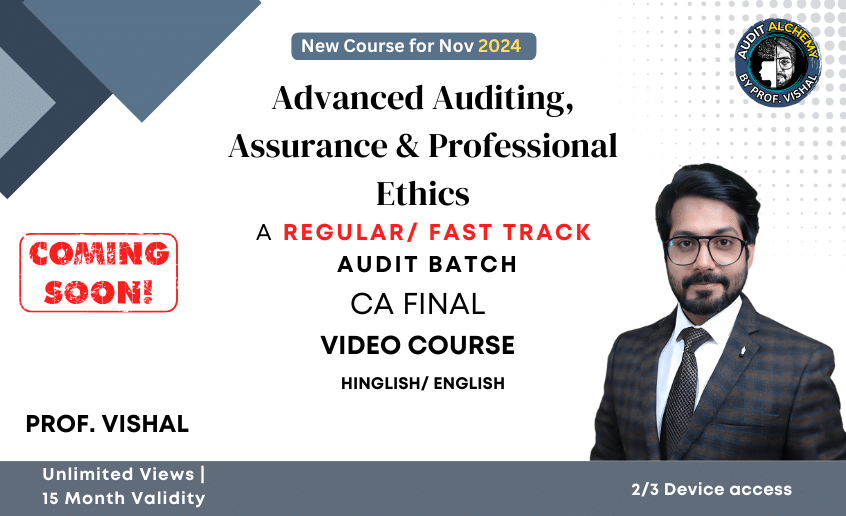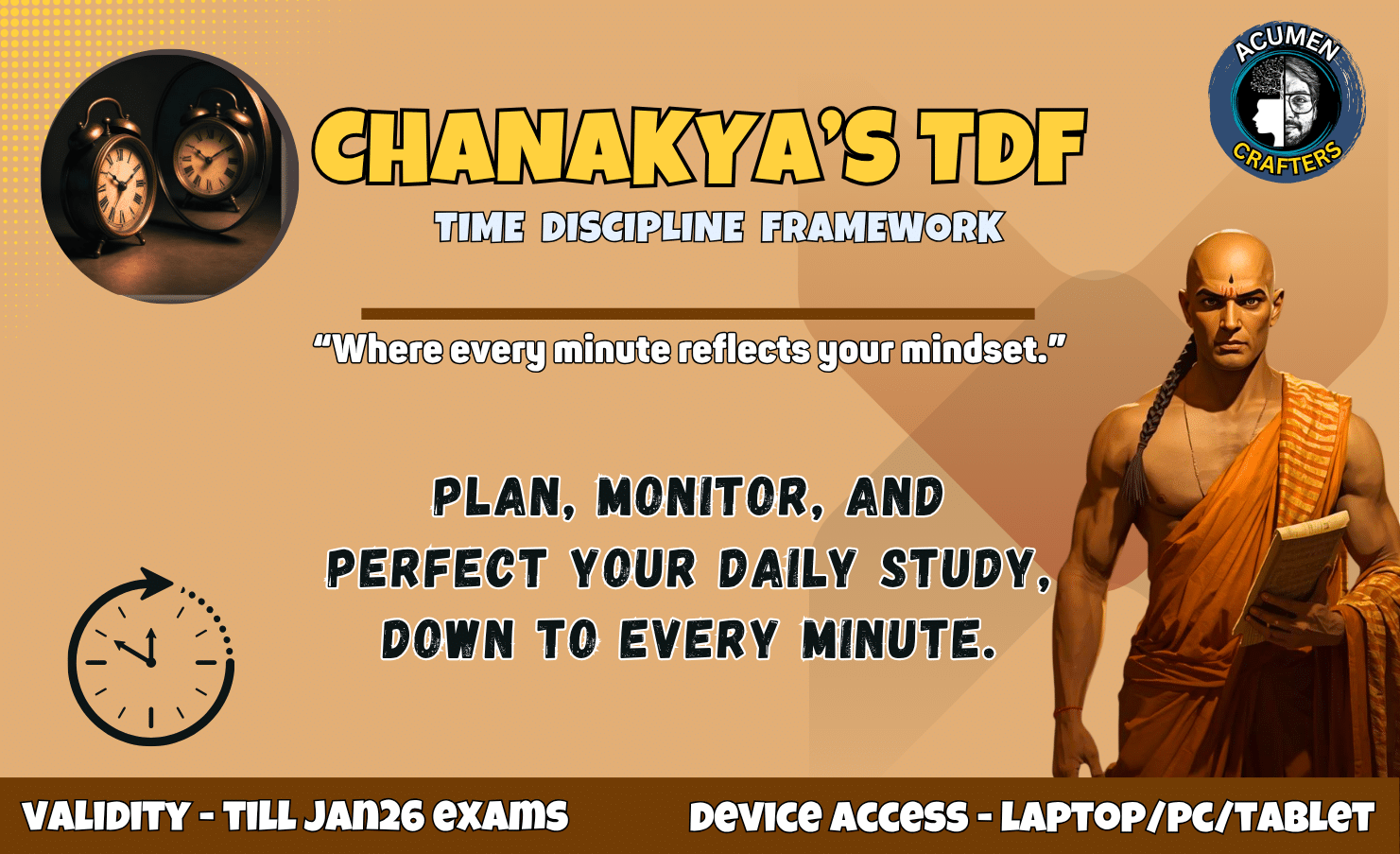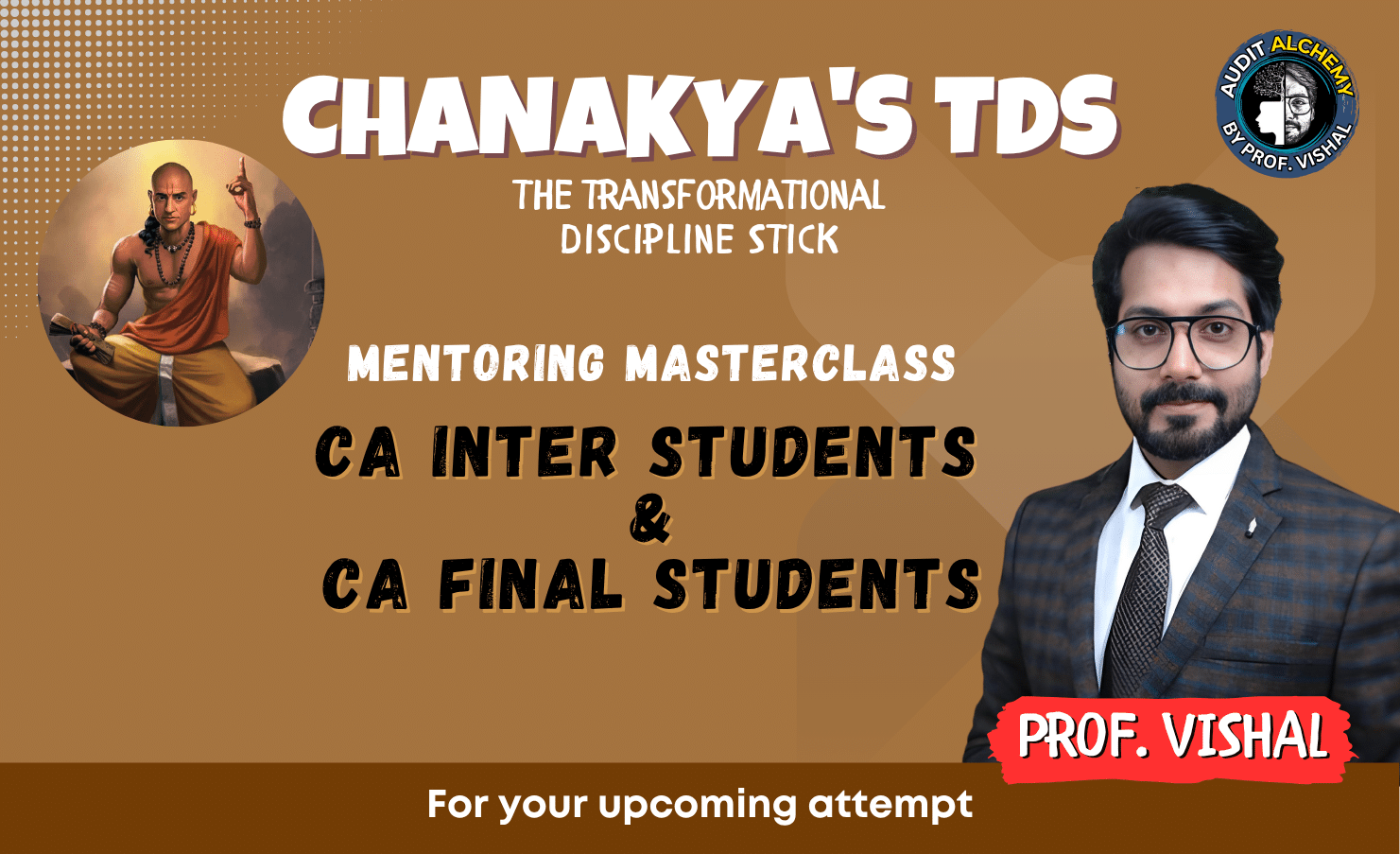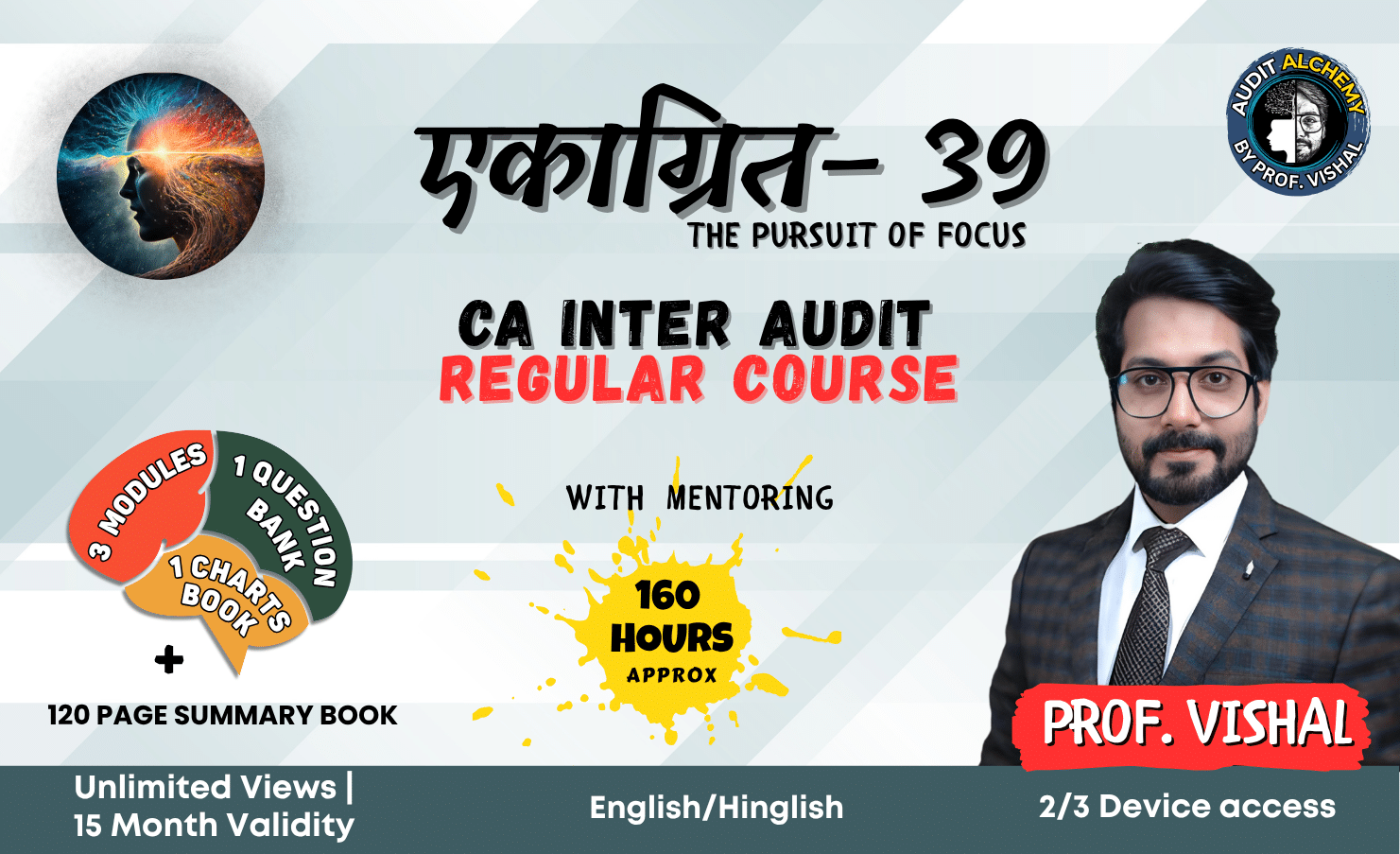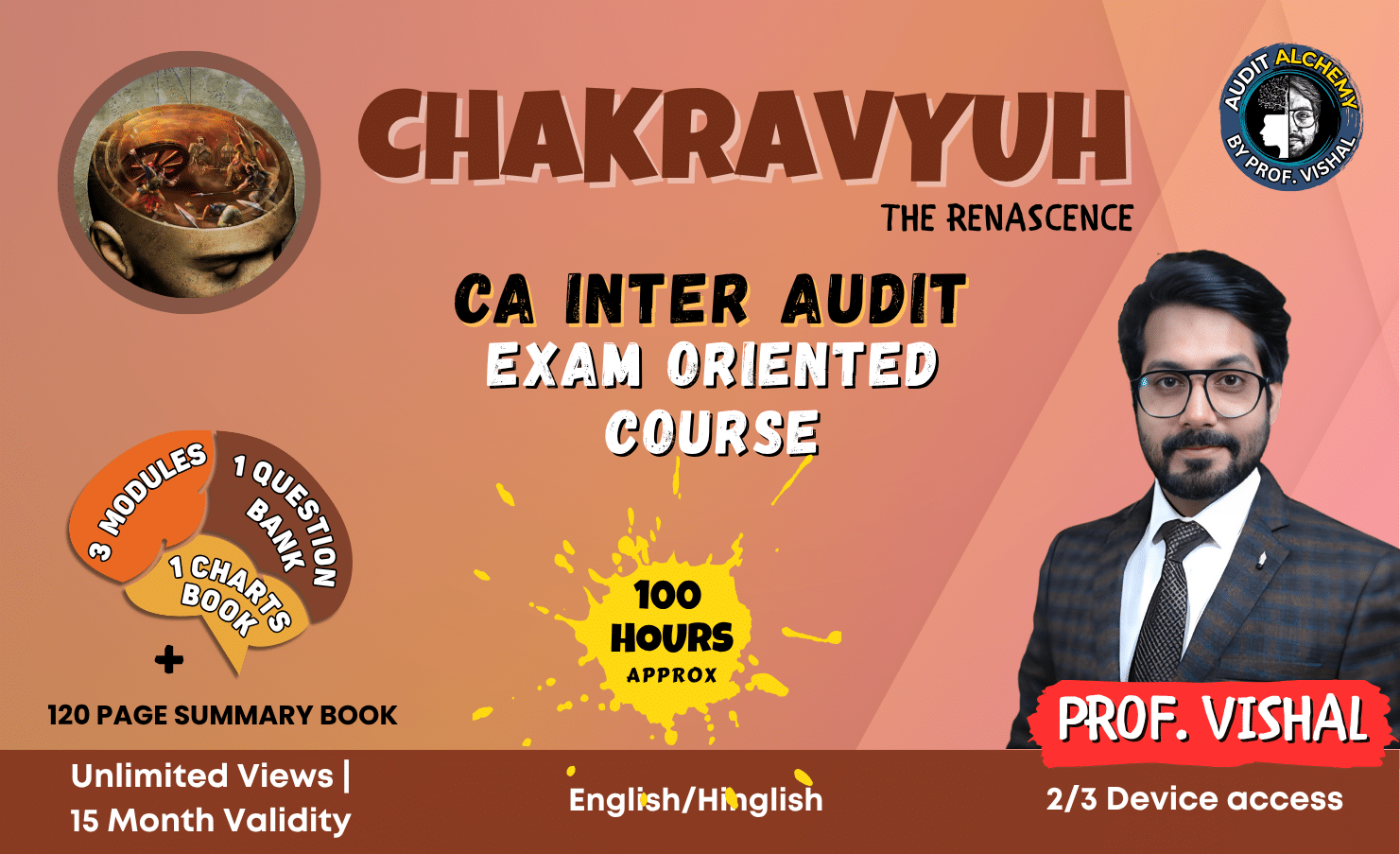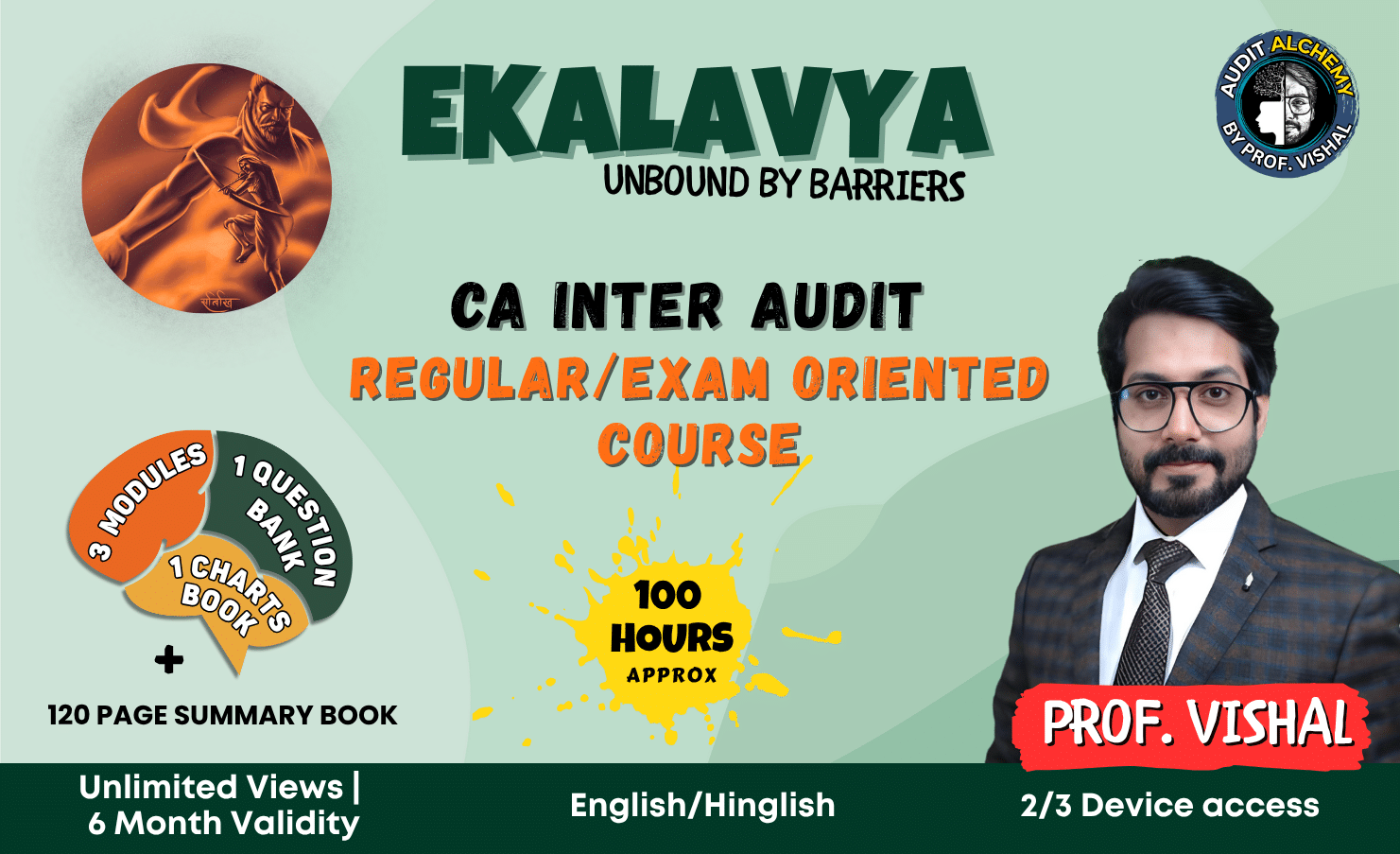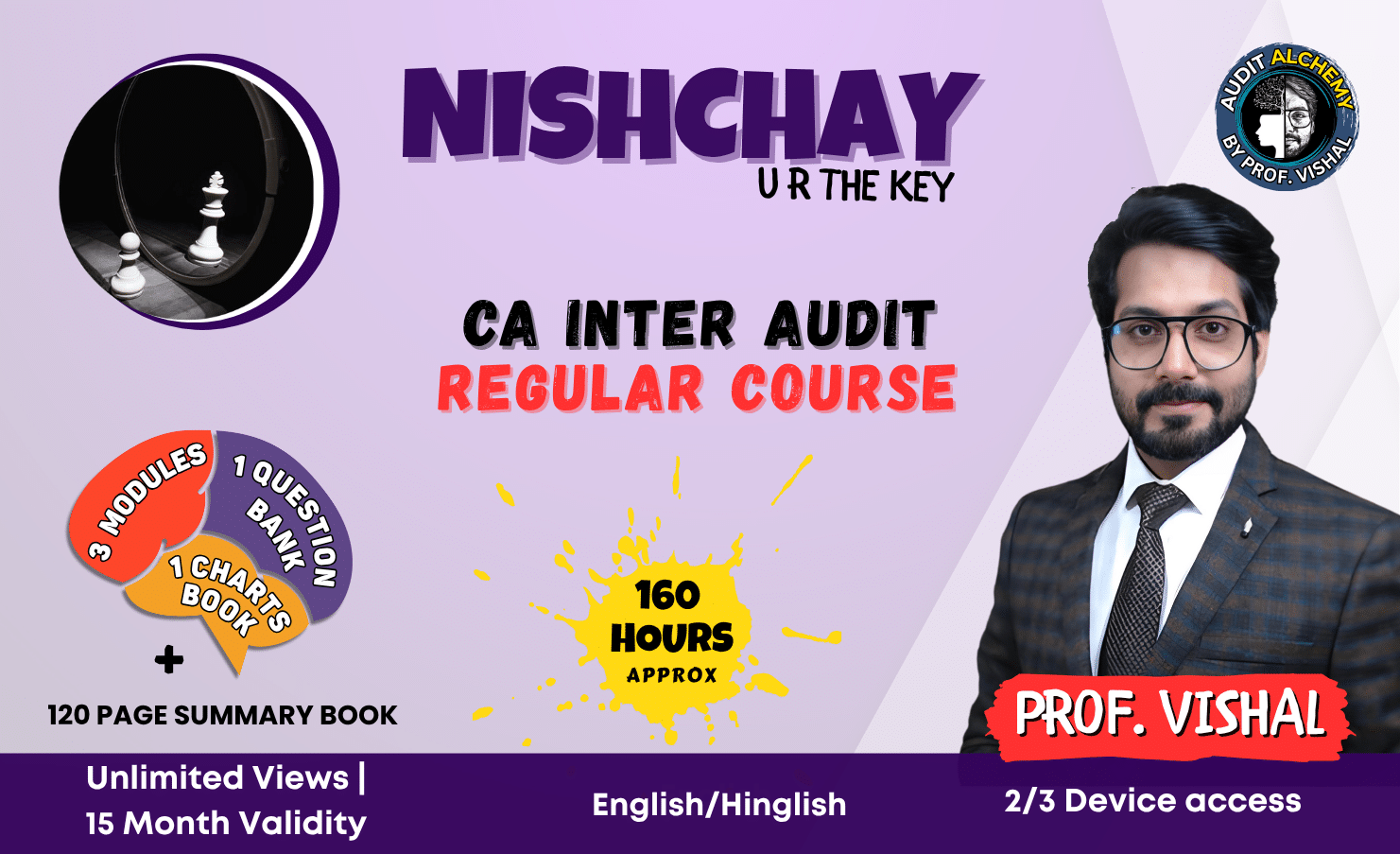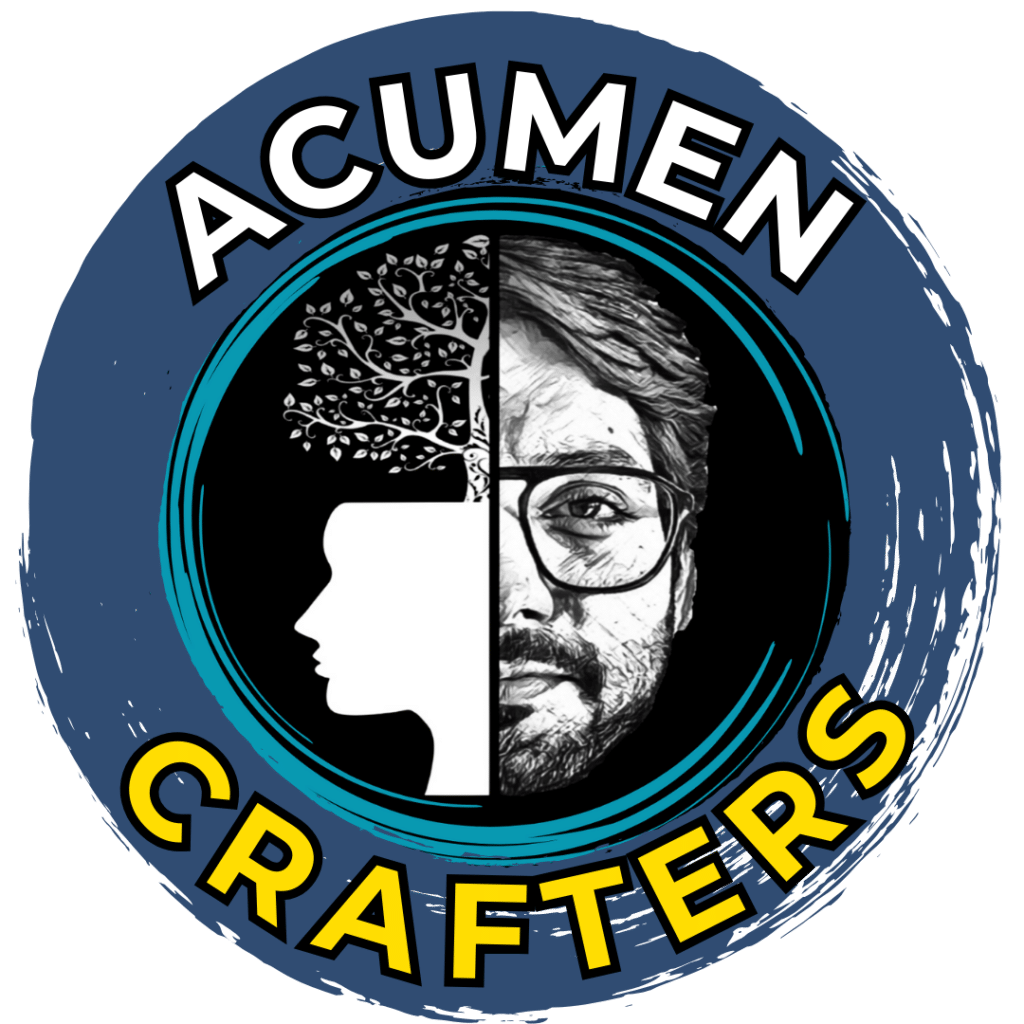To approach exams with confidence and minimize stress, cultivating effective study habits is essential. Although establishing lasting study routines may seem challenging initially, these habits will seamlessly integrate into your daily life. By following a structured approach, you can create study habits that are conducive to achieving favourable results. This article outlines practical strategies to create and enhance these habits while optimizing your learning experience.
Section 1: Establishing Your Study Routine
• Allocate a Consistent Study Time: Commence your exam preparation well before the test day by designating a daily study time. Regular study sessions maintain the material’s freshness in your memory and allow connections between concepts to form. This dedicated time fosters focus and minimizes distractions, ensuring effective learning.[1]
• Craft an Optimal Study Environment: Choose a clutter-free, well-lit study space devoid of interruptions to optimize your concentration on study materials. Consistency in your study environment reinforces the learning process, making it easier to retain information.
• Organize Study Materials: Prior to initiating your study session, gather essential materials such as textbooks, notes, writing tools, and other necessities. Preparedness ensures uninterrupted focus and efficient learning.
• Minimize Electronic Distractions: Disable electronic devices like phones and televisions during study sessions to prevent disruptions. When accessing a computer, avoid social media and unrelated websites to maintain concentration on the task at hand.
• Utilize Study Planners: Employ a notebook or planner to track assignments and set goals for the semester, week, and day. This structured approach aids in tracking study progress and staying organized.
• Develop a Study Plan: Create a well-structured study plan aligned with exam dates. Break down study sessions into manageable segments, focusing on specific subjects or sections each day. This strategic approach prevents overwhelm and enhances consistency.
Section 2: Mastering Course Material
• Thoroughly Engage with Course Materials: Comprehensive understanding requires diligent reading of assigned textbooks and materials. Avoid skimming or relying on summaries, and actively engage with the content.
• Effective Note-Taking: During classes and while studying, jot down key points and topics for further exploration. Review and fill gaps in your notes to reinforce understanding. Research unclear topics to deepen comprehension.
• Harness Flashcards: Create flashcards to reinforce memorization of vocabulary, concepts, and key information. Physical or digital flashcards aid in self-testing and retention.
• Visualize with Mind Maps: Employ mind maps as visual aids to connect ideas and enhance memory retention. These graphical representations facilitate effective understanding, especially during exams.
• Engage in Mock test Papers(MTPs), Revision Test Papers(RTPs): Seek assistance from mentors to conduct test papers on the subject matter. Self-testing through practice test papers identifies areas for improvement and boosts retention.
Section 3: Enhancing Study Experience
• Incorporate Breaks: Incorporate short breaks during study sessions to rejuvenate your mind. Physical movement, snacks, or relaxation techniques maintain focus and prevent burnout.
• Access Tutoring: Seek assistance from mentors and classmates if facing challenges with understanding specific topics. Timely clarifications enhance learning efficiency.
• Collaborate in Study Discussion: Join group discussion to exchange insights and concepts. Group discussion encourages collaborative learning, making complex topics more accessible.
• Teach Others: Enhance comprehension by teaching concepts to family members, friends or even younger students. Teaching reinforces understanding and identifies areas needing further exploration.
• Reward Achievements: Set rewards for meeting daily study goals to motivate consistent learning. These rewards serve as positive reinforcements and encourage continuous efforts.
• Manage Exam-Related Stress: Adopt stress-reduction techniques like yoga, meditation, or spending time with friends to maintain a balanced state of mind before exams.
• Avoid Last-Minute Cramming: Prioritize thorough preparation over last-minute cramming. Adequate sleep, healthy meals, and consistent study practice contribute to effective exam readiness.
By following these techniques, students can establish effective study habits that align with their learning style and lead to successful exam performance.




